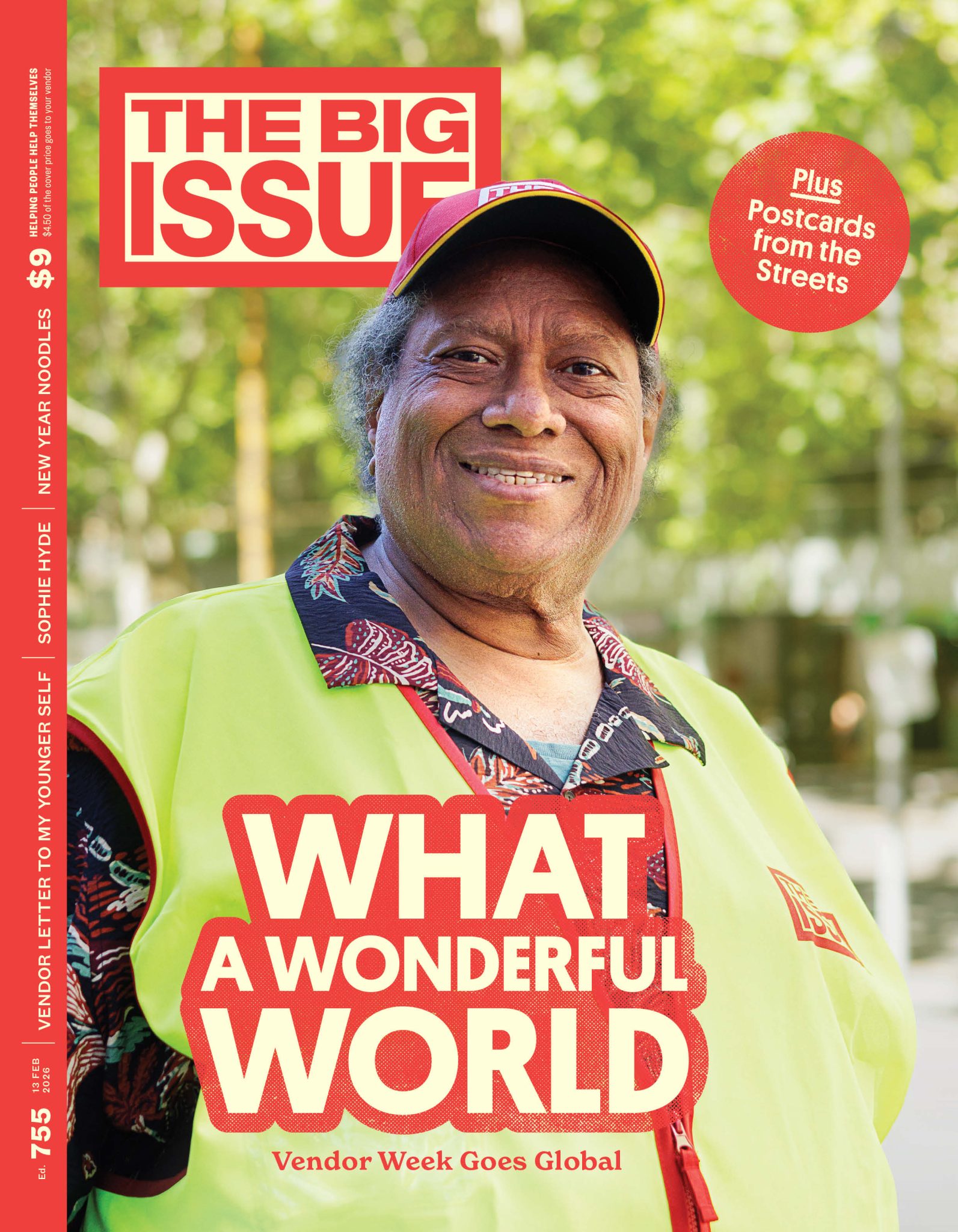Book clubs, rollerskates, bosom buddies: in 2025, Alice Robinson vows to get in touch with her inner child.
I was an incredibly uncool little child. Case in point: when I was eight, my best mate Kathryn and I penned a letter to The Herald Sun, complaining about the Ninja Turtles. The turtles were a “bad influence on kids” we wrote, charming adults but incarcerating ourselves on the bottom rung of the social hierarchy at Princes Hill Primary School. I didn’t much care about my paltry street cred at the time; I had Kathryn. Our idol, Anne of Green Gables, would have defined Kathryn as my “bosom buddy”. What more does an eight-year-old need?
Turns out that whatever one wants and needs at eight is all one ever really needs. At least, that’s what I decided when I took stock of my life and found I didn’t quite know how to have fun anymore. Not without the vices of my twenties and thirties – late nights, alcohol, parties – things I couldn’t afford to do and didn’t want to do any longer. The only other tool I could reach for was more work, but what kind of life is that?
For many years, I had thought of myself as a goodtime girl. Always the last to leave the party. Extroverted. Social. These attributes met a hardworking nose-to-the-grindstone nature, never dropping a ball, creating a Jekyll-and-Hyde lifestyle of extremes. As I aged towards my mid-forties, I was perpetually exhausted and often anxious. The fault of the internet. The pandemic. My divorce. Middle age. Brain fog. The mental load. Neoliberalism. Overwork. Streaming services. Perimenopause. Interest rates. School lunches. Etcetera.
When my kids were with their dad, I looked around the empty apartment and wondered what I should do with myself. When no-one needed me, how did I actually like spending time? Another quieter and more alarming thought rushed through the silence: who am I?
I tried to recall a period from my life where I had needed to make my own fun. Fill in a lot of time with minimal resources. Keep myself occupied. Childhood, right? I had been the only child of separated parents, with two lovely big houses to inhabit and lots of material privilege. My parents and step-parents were devoted but also busy with their own careers and projects.
My childhood leaves an impression as a long stretch of alone time spent in my bedroom – and I liked it. What did I do to fill up all those hours and weeks and months and years before I was old enough to embark on adulthood? Mainly, I took up activities that are enjoyable to do in solitude. I drew. I watched movies. I rode my bike in the park. I read a lot of books. Whole days spent on the short couch, the sun coming through the north‑facing windows of my father’s kitchen. I read in the car, on public transport, on my bunk bed and at the kitchen table eating meals.
That’s when I was most myself, I thought. When I was eight: that’s when I really knew how to live!
I knew how to live when I was eight because I had two things then that I’d lost along the way: a lot of free time, and nothing to prove. Under these conditions, whatever I had enjoyed then (Little Women, sticker collections, Posca Pens, make-believe) and how I had been (introverted, intense and dreamy) were how I really was, I realised. That strange child was my fundamental self. That child was who I needed to reach back through time for to help me.
From my silent apartment, I messaged around to see if anyone liked the idea of joining a new book club – mine. Another Melbourne writer, my friend Luke Horton, was also floating the idea of a book club, but for writers. We would gather regularly to read and discuss writing craft. I joined up merrily, and the two clubs got underway. What could be better than collectively nerding out? Both groups are formed of a mixed bag of people – diverse folks who wouldn’t otherwise hang out – and I love this. I love meeting these groups for dinner, where the conversation ranges over books, but often veers into other territory as well: politics, current affairs, our loves, our lives.
Recently, I bought a pair of holographic silver rollerskates so I can skate with my son. I’m more fearful now of getting hurt than I was when I was eight, but the joy of rolling around cannot be tempered by the threat of a broken ankle. When we pass one another in the rink, staggering slightly, ungainly on our wheels, I catch sight of my little boy’s expression: pure joy.
Looking at him I think, It’s you. It’s really you.
And I know that in that moment, it’s also really me.
By Alice Robinson
Alice Robinson is the award-winning author of three novels: Anchor Point (2015), The Glad Shout (2019) and If You Go (2024)
Published in ed#728
